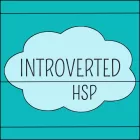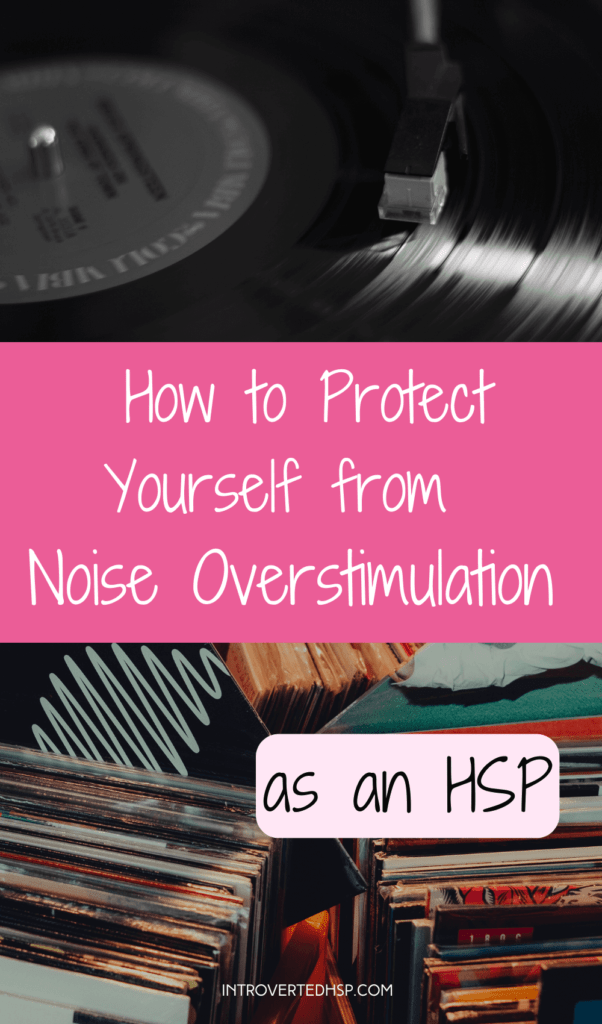
This post may contain affiliate links, which means if you make a purchase through these links, I may receive a small commission at no extra cost to you. As an Amazon Associate I earn from qualifying purchases. Please read my disclosure for more info.
What is high noise sensitivity and why can it be a problem
When you have a high sensitivity toward noise, it can be very annoying and exhausting in your day-to-day life. When normal sounds trigger you or cause pain in your ears, you should think about doing something about it to improve your quality of life.
Most people don’t like loud noises, but for some people, especially highly sensitive persons, it can really hurt or drain their energy. For those people who are very sensitive to noise, it is important to find ways to cope with the loud sounds in the world.
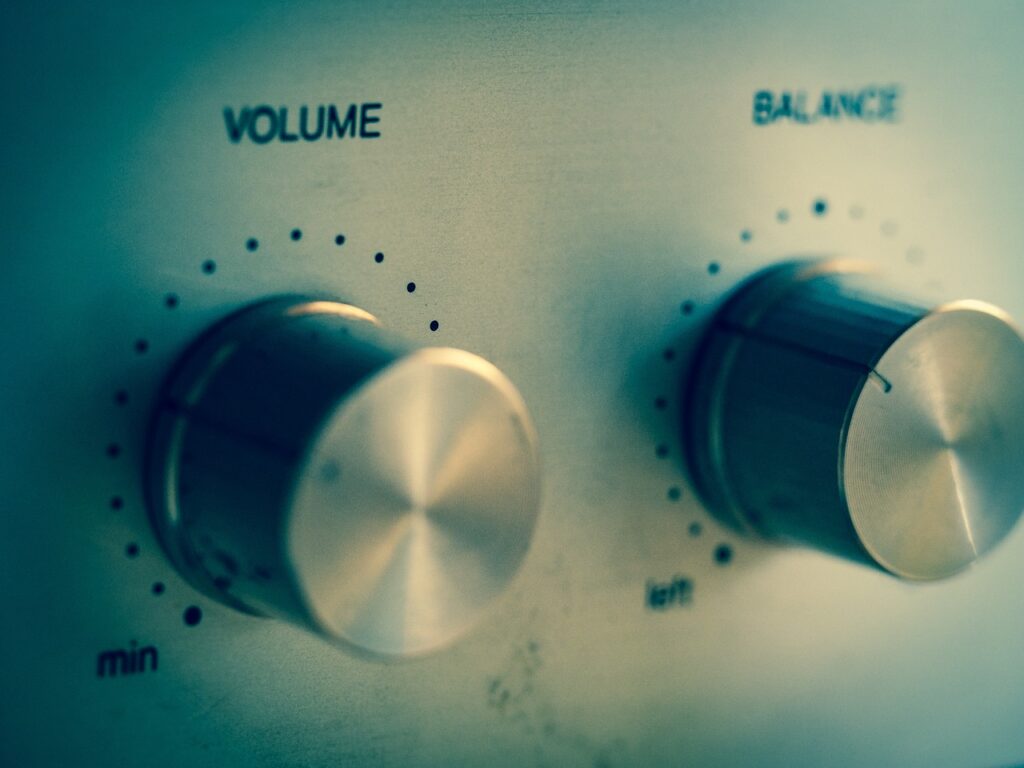
Signs you are very noise-sensitive
As an HSP myself who is very sensitive toward noise, I can check off almost every sign of this list. Because every HSP and every person is different, your triggers will probably be a bit different than mine.
- You can’t stand to hear these sounds without earplugs: passing trains, fireworks, concerts, movies, vacuuming, baby crying, smoke alarms…
- You always want to put the volume down on the TV after someone else watched something, the same goes for the car radio
- You bring your noise-canceling earplugs or headphones with you almost everywhere you go in public
- You need some quiet time after being in a loud environment to recharge your battery
- Background chatter can throw you off and you can’t seem to focus on the conversation you are having with someone
The list goes on!
But you can’t control the world or your surroundings all the time so therefore, you need an action plan!
When you are sensitive to noise and you are overstimulated from your day, your noise sensitivity will even increase. Even a person chewing a bit loud could push your buttons then.

How to reduce noise overstimulation
I will tell you a few tips and tricks to test out to reduce noise overstimulation.
Tip 1: Remove yourself from the noisy situation
If possible, this is the best advice I can give you!
When you are part of a situation where you lose your mind because of all the noise, you should try to leave. Most of the time, this won’t be possible so you need some other tips to help you cope with all the noise.
For example, when you are going to a concert, try to find a place as far away as possible from the amplifiers. When you increase the distance, you will decrease the noise and make it more bearable. The sensitivity to the noise will be the same but you perceive it as less annoying or hurtful.
You could also try to make the noise stop by politely asking someone or taking action yourself and unplugging electronic devices that drive you nuts.
If you can do something about it, get rid of the noise!
Tip 2: Wear earplugs
A lot of people wear earplugs at loud concerts or to sleep when their sleeping environment is too loud. Because you are very sensitive to sounds, you will probably need them more frequently.
Whenever you feel like your ears are hurting or something is way too loud, always take them with you! It’s not only about the pain the sound is causing at that moment, but think about the health of your ears in the long run! You definitely don’t want to get tinnitus from listening to very loud music too often.
I’ve recently bought Loop Switch Earplugs and I really like them. I use them most often in the quiet mode to focus on work or read a book on the train and they work very well for me! You could also buy the standard Quiet Loops if you want to save your money (I don’t use the other modes frequently so maybe I should’ve bought the Quiet Loops myself). I think it’s also fun that they come in so many different colors, so you can pick the one you like best!
Tip 3: Keep breathing

Breathing is healing. Breathing air in and out slowly can do so much to help you calm down and let the overstimulation subside.
When you take time to breathe and focus on your breath only, your nervous system will start to calm down and you will feel more relaxed.
It can help to lay your hand on your belly and feel it go up and down. Follow the air going in and out of your lungs with your thoughts. Be mindful.
Your noise sensitivity will go down when you are trying to relax by focusing on your breath.
Tip 4: Use noise-canceling earphones or headphones
Noise-canceling devices are such a great invention if you ask me! I could not live without my AirPods Pro anymore. I bought them more than 2 years ago and I still love them so much. A day does not go by for me without using them.
When you are deciding whether to buy earphones or headphones, I think for the best noise cancelation you should probably go for the headphones. I haven’t bought any noise-canceling headphones for me so I can’t speak from my experience but just logic itself makes me think they work better because they cover up your entire ears.
I bought noise-canceling earphones because of their practicality. They are very user-friendly as you can take them wherever you go in a tiny case. When you have to bring headphones, it’s a lot more of a hustle. I also don’t like the heat that headphones create on my ears when I wear them for some time.
There are a lot of noise-canceling earphones and headphones on the market right now. It is difficult to find the best for you without trying them. I do recommend the AirPods Pro from Apple to cancel background noise for the most part.
When I wear my AirPods Pro, I can handle sounds like a train passing by way better than without them. Whenever I ride a bike, I listen to music and the noise-canceling aspect of the earphones allows you to lower the music volume because you don’t hear the wind and traffic so much anymore. This is great for your ears!
Tip 5: Take a break

As an HSP, most jobs will overstimulate you partly because of the noisy environments. Noise sensitivity can be a real problem in work environments. An open-plan office is detrimental to the energy level of an HSP who is sensitive to noise because you will hear noise coming from everywhere!
If possible try getting an office of your own, and if not possible make the best of it with the tips on this list.
Taking a break from a noisy environment can help you to relax and calm down from the overstimulation you are experiencing. Remove yourself from the situation for a short period of time to recharge in a quiet place. Have a nice cup of coffee in a different room if you can be alone there. The worst-case scenario is withdrawing to the toilet, but at least it is quiet down there!
You could also take a break by taking a walk outside of the office if there is a park nearby or use your noise-canceling earplugs to cancel out the traffic noise.
This break is the time for recharging some of your energy. Now you can go back to work with more focus.
You could also need breaks when you are at home don’t get me wrong!
When you have young children who are making a lot of noise, the toilet again could be your quiet haven. Or try making an agreement with your partner that you can go lay on your bed for a little while.
You will feel so much better after a break. You need and deserve this.
Tip 6: Learn to say no
When you know that an event is not for you because of all the noise, say it.
Non-HSPs probably won’t get it but you don’t really have to explain yourself anyway.
When you work an entire day and your partner wants to go out to a loud pub but you need some rest, just tell him (or her). If they really care about you, they should want what is best for you!
I am not saying you have to say no to every social event with a bigger crowd and more noise. This is totally up to you. If you have some energy left at the end of the day and are able to cope with all the extra stimuli, go for it!
But know and respect your own boundaries.
Tip 7: Make your own quiet place
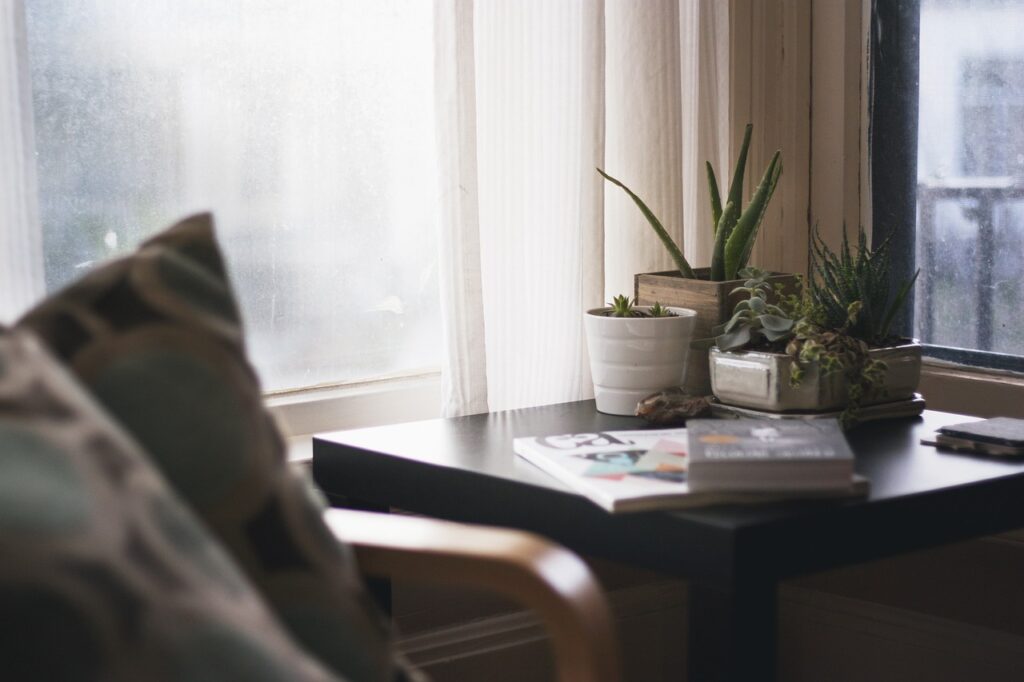
Make a sacred space inside your home to withdraw yourself when you need it. Don’t let your noise sensitivity get the best of you.
It is so comforting to know that you have such a place when you are out and are being overly stimulated. You know when you get home you can withdraw yourself in your own little bubble.
You could do nothing and recharge simply by not hearing a sound or make some time for self-care.
Make your quiet place as nice as possible by making it a lovely place for all your senses. You can add some pillows, put down a few scented candles, and make it a place of peace and rest.
When you have a partner, talk about this with them and come up for yourself. You need to listen to your body and your body needs to recharge once in a while.
If you don’t feel like you need to be alone but just need some quiet time, you can ask your partner to be with you if he keeps quiet.
The bright side of noise sensitivity
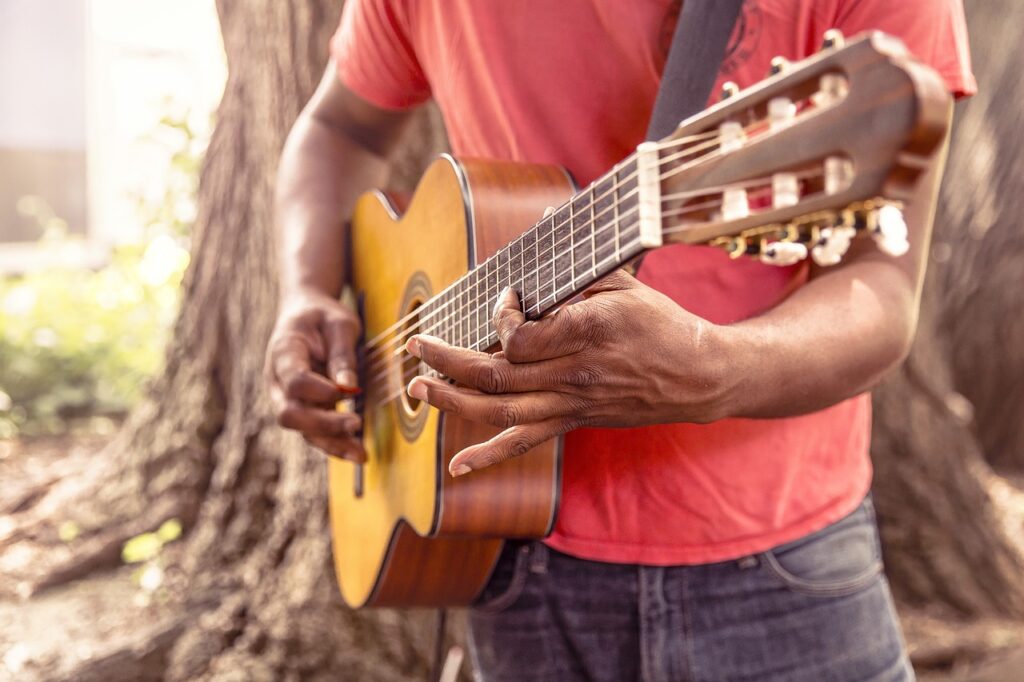
Is there a bright side to noise sensitivity? I wonder.
The physical high noise sensitivity isn’t very good in any way I think. It only hurts us when the music is too loud.
But as a highly sensitive person, we also process noise and sound differently on an emotional level. This is where the high-sensitivity rocks as we can be deeply moved by pretty sounds. We can fall in love with a song, and feel it going through our entire body until it reaches our souls.
So I guess there is a bright side to noise sensitivity, but it has nothing to do with the loudness of everyday noise. Against this noise, we can protect ourselves as well as we can and move on with our day.
If you have some more tips for your fellow highly sensitive people, let us know in the comments, please! It can really help us all.
